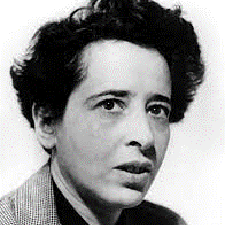Computer science and artificial intelligence have transformed human life over the past two generations, and we have only begun to scratch the surface of what’s possible. But this transformation raises urgent questions, and has deeply troubling aspects. How do we prevent learning algorithms from acquiring morally repugnant biases? What ethical code should guide systems such as self-driving cars? Has social media made our lives better—or the contrary? Has it improved our politics and our society? What challenges do CS-enabled forms of surveillance pose for freedom and democracy? How can we best align the aims of autonomous AI systems with our own? Can computers truly think, or feel? Is there a problem with lonely people turning to robot “companions”? Should we enhance ourselves by melding with computers? Is the future of AI an existential threat to humanity?
In the CS Version of Ethics for Engineers, we read and discuss a wide range of engineering CASE STUDIES, with a focus on computer science. Case studies include:
- AI bias
- Automation and employment
- Self-driving cars making life and death decisions
- IT and state control
- The Volkswagen emissions scandal
- Effects of social media on human happiness and on society
- Robot companions
- The power, promise, and danger of rapidly advancing AI capabilities






